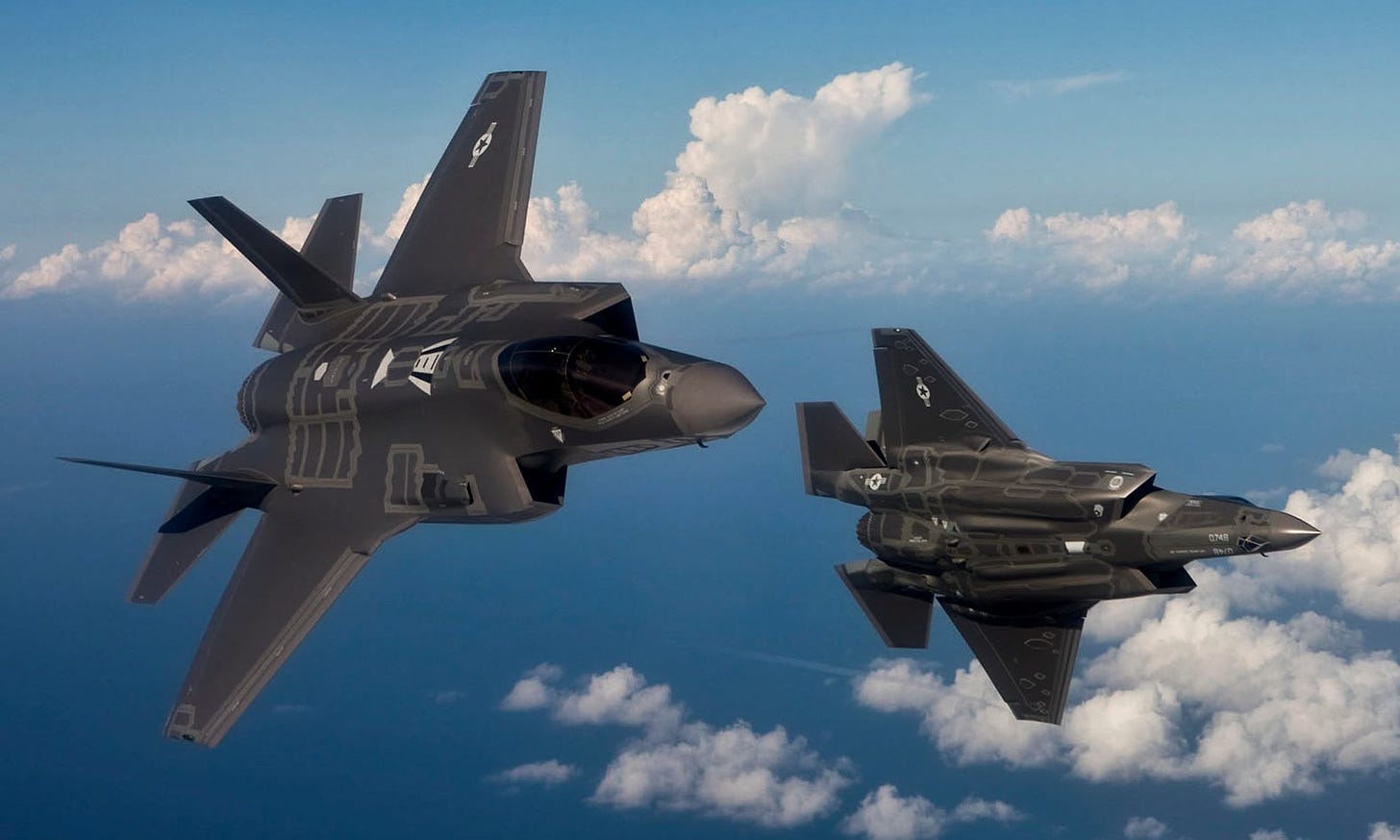War. What is it good for?
A little over a year ago, Russia began its “special military operation” in Ukraine, shortly before I sent out the February issue of our Curiously Green newsletter. The newsletter had been prepared in advance and didn't mention the war at all. When it was sent out amid the breaking news, it appeared tone deaf. I received an email from a subscriber that read:
How can there be no mention of the war in Ukraine on your newsletter?
If that war is lost, there's no question about any kind of sustainability at all.
It was clearly a big oversight on my part to have not stopped the press and edited the newsletter in light of the emerging events. Since then, the relationship between war and sustainability has been on my mind.
In a globalised world, solutions to environmental and social issues require global cooperation. Can we expect governments to successfully negotiate and implement solutions to the environmental crisis when they are incapable of negotiating and maintaining peace? To be more blunt, so long as they consider mass violence to be an acceptable form of behavior, can they really be expected to care about the wellbeing of future generations?
The connection between war and sustainability goes deeper than the moral code of elected officials though. War is one of the largest sources of global greenhouse gas emissions and yet military emissions are largely excluded from global treaties on climate change. To give some perspective, the US military consumes approximately 270,000 barrels of oil per day and produces annual emissions equivalent to the entire national emissions of Romania.
What concerns me even more in the context of this newsletter, though, is that war is a business. A big business. A for profit business. Whenever there is a war, profits of businesses in the war industry increase. This includes arms manufacturers, private security, banks, logistics and reconstruction companies for starters. As just one example, Raytheon, the manufacturer of Stinger and Javelin missiles, reported that its profits had doubled year on year in December as a result of strong demand for its products in the war in Ukraine.
This conflict of interest is rarely talked about and when it is, it is usually the mainstream media proudly celebrating the economic successes of their nations highly profitable industries. Very occasionally though, a public figures does speak out about this conflict of interest. In his farewell speech as President, Dwight D Eisenhower went against the grain and warned the public about the growing power of what he termed the military-industrial complex, stating:
Until the latest of our world conflicts, the United States had no armaments industry […]
Now this conjunction of an immense military establishment and a large arms industry is new in the American experience. The total influence - economic, political, even spiritual - is felt in every city, every Statehouse, every office of the Federal government […]
In the councils of government, we must guard against the acquisition of unwarranted influence, whether sought or unsought, by the military-industrial complex. The potential for the disastrous rise of misplaced power exists and will persist.
If we're trying to create a truly sustainable society and economy, then the military-industrial complex is surely a very large, dangerous and wealthy elephant in the room.
Now, some might say that I'm being too negative, and that we mustn't overlook the good things that this industry has brought us. Military research and development has led to the invention of many things including duct tape, GPS, jet engines, nuclear power, digital photography, sanitary napkins, and even the Internet. The big question though, is whether we could have achieved these things, or maybe even better things, via a different route.
Military spending in Russia, the USA, Israel, the UK and France is 4.1%, 3.5%, 2.8%, 2%, and 1.9% of GDP respectively. Directly or indirectly, nearly all of that money comes from taxpayers. Imagine what could be achieved if that money was invested in creating wellbeing for all. Yes, military R&D may have brought us some beneficial technology, but we should not underestimate what technology we might have had if the same resources, effort and ingenuity had been invested into peaceful technologies. We would be on a completely different path as a society. We might not even have a climate crisis.
Only a few months before the start of the war in Ukraine, more than 50 Nobel Prize winners put forward a proposal for a Peace Dividend on that basis. Their proposal suggested that:
The governments of all UN member-states should negotiate a joint reduction of their military expenditure by 2% every year for five years.
The rationale for the proposal is simple:
Adversary nations reduce military spending, so the security of each country is increased, while deterrence and balance are preserved.
The agreement contributes to reducing animosity, thereby decreasing the risk of war.
A ‘peace dividend’ of as much as 1 trillion USD by 2030 is made available.
In the year since this proposal was presented, global military spending has increased and the war in Ukraine has boosted enthusiasm for investment in the arms sector. Financial research firm Peltz International recently stated in a report that the war in Ukraine has led some industry experts to believe that “the defense sector should now be categorized as sustainable”.
All of this is to say that war doesn’t serve anyone apart from the people who profit from it. Peace is surely a prerequisite for a sustainable society and as such, a sustainable business is surely a pro peace business.




